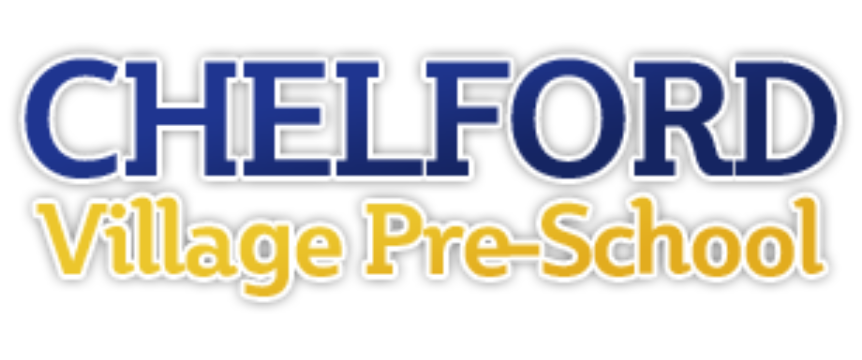Assessment & Reporting on Children's Progress
At every moment on every day, we are observing children during their play and interactions, and making constant informal assessments of their understanding and ability.
This assessment can best be described as ‘noticing’, we actively notice what our children can do, so that we can build on this, and guide and support them in their learning.
This noticing happens all the time. We don’t necessarily write this down, but these assessments contribute to our overall awareness and knowing.
Making these ongoing and constant observations ensures that teaching and learning is sequenced and levelled individually, to both consolidate and build on what children already know.
We respond in every moment on every day, to what we are observing and noticing. We use these assessments to support and build on children’s understanding and promote learning throughout each day, as each and every opportunity arises.
We do not believe that assessment should be time-consuming. It is so important that practitioners are able to do what they do best, and that the children have someone there to listen to them, play with them, build on their understanding and help them to think critically.
This means that we don’t spend a huge amount of time writing down daily observations and assessments, or producing huge amounts of paperwork. We do not use assessments as evidence in a file, or to ‘tick off’ what children know.
What is the process for assessment and reporting?
Starting Point Assessment
Settling in Sessions
So that we are able to get to know our children and establish their starting points, keyworkers will meet with parents at the initial taster and settling-in sessions. We will discuss the child’s ‘getting to know you’ form, their likes and dislikes, any strengths or concerns around children’s development, and complete the settling in/starting point form with parents. This initial joint assessment with parents will also inform your child’s Progress Check at 2.
First Term Review Meeting
At some point towards the end of a child’s first half term with us, and around the same time that we complete their Progress Check at 2, we invite parents for a second face to face meeting. This is our first opportunity to share our observations and discuss the child’s next steps in their learning and development, and also to discuss their Progress Check at 2.
Progress Check at 2: Between a child’s second and third birthday we are legally required to carry out a Progress check, as set out in the Statutory Framework for the Early Years Foundation Stage (EYFS).
The purpose of the Progress Check at 2 is to review progress and identify any areas where additional support is needed, so early help can be put in place if necessary. The Progress Check at 2 will be completed during a child’s first full term with us, taking the place of the ILP for that term, and we will share this with parents.
Termly Progress Meetings
Keyworkers meet with the manager once every term, to discuss the progress of each of their key children in detail. This will be an overview across all areas of the EYFS and the curriculum. We will discuss what we know about each child, our observations and assessments, against developmental expectations and the ages and stages of the children.
We will discuss whether a child has met their current targets, or if they need more support, we discuss whether they are ‘on track’ and within expected development, or if they need further support or challenge, and then we decide on your child’s individual next steps for the term ahead across the different areas of the EYFS.
Individual Learning Plans
Following the progress meetings, we complete an Individual Learning Plan (ILP) for each child. Children’s ILPs are completed/updated every term, and give a brief observation and assessment of a child’s learning across the different areas of the EYFS, and goes on to say what each child is working towards next. We share children’s ILPs with parents each term. We generally hold a parent’s meeting for ALL parents in the Spring Term, but if parents would like to arrange a meeting to discuss their child’s ILP or any concerns or questions we are always more than happy to arrange an individual appointment at any time.
Annual Parents Meeting
In the second half of every Spring term, we again invite parents to discuss their child in a face-to-face parents meeting. At this meeting we will go through the child’s most recent ILP, how they are getting on, their next steps in more detail, and how parents can support their learning at home. This is also a chance for parents to ask questions and discuss their own observations, or express any concerns around their child’s learning and development.
Tapestry Online Learning Journal
We use Tapestry to promote our partnership with parents, and we share significant learning.
We do not use Tapestry to create a comprehensive overview of everything a child has learnt, or use it to track children’s progress.
During the preschool day our priority is always to be with the children, to listen, to play, to support
